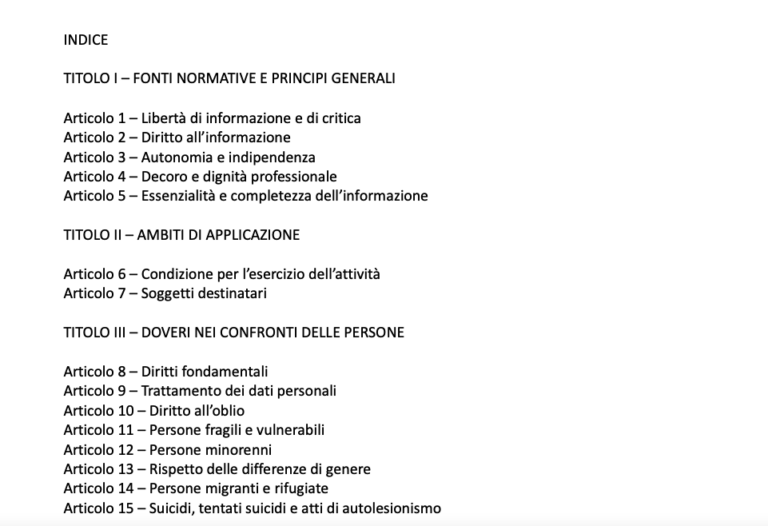Giornalismo dei dati, la storia del 2011 secondo il Guardian

Il Datablog del Guardian riprende in un post molto interessante numeri, dati e infografiche che hanno scandito i momenti più rilevanti della storia del 2011 così come il blog del quotidiano li aveva riportati, dal movimento di Occupy alle tensioni nell’ eurozona, dalle sommosse in Inghilterra a Fukushima.
La rassegna mostra il grosso impegno e la fantasia che il giornale dedica al mondo dei dati e alla loro visualizzazione, sottolineando come, se i Fatti sono sacri (Facts are sacred, è il sottotitolo del blog), i dati sono l’ anima dei fatti.
30 – operai colpiti dalle radiazioni a Fukushima
48% – il tasso di disoccupazione giovanile in Spagna
52% – la crescita dei tassi di interesse dei bot in Italia
Ecc.




